I've got an application receiving messages from different sources (chat rooms and private chats). Multiple instances of the application can be opened, and the final result should be something similar to the following scenario:

Currently, each application saves logs in a directory which name is the account used to log on the chat server; while it's not a problem for private chat sources (unique for each application instance), it's useless to have the same logs saved multiple times, concerning common chat rooms. Logs are saved in plain text format, so they can be accessed and read without being routed through the application.
If I don't save the logs in separate folders, I might get I/O exceptions due to accessing the same file simultaneously from multiple processes, and I'd need to verify whether the line about to be saved hasn't already been written by other applications. I need to optimize the whole operation and try to maintain code readability.
Besides, my current approach for writing lines is the following:
public void Write(string message)
{
using (var writer = new StreamWriter(_fileName, File.Exists(_fileName)))
writer.WriteLine(message);
}
Which, considering that logs are constantly written, might not be the most efficient solution.
Summed up, my questions are:
- How do I create an unique log folder/database, maintaining their format (plain text) but solving the aforementioned duplicates/access problem?
- How do I improve, if possible, the writing method? Remember that logs need to be constantly written, but that closing the
StreamWriterwhen the application exits would not be a proper solution, as the application is meant to run for a long time.
Thank you.